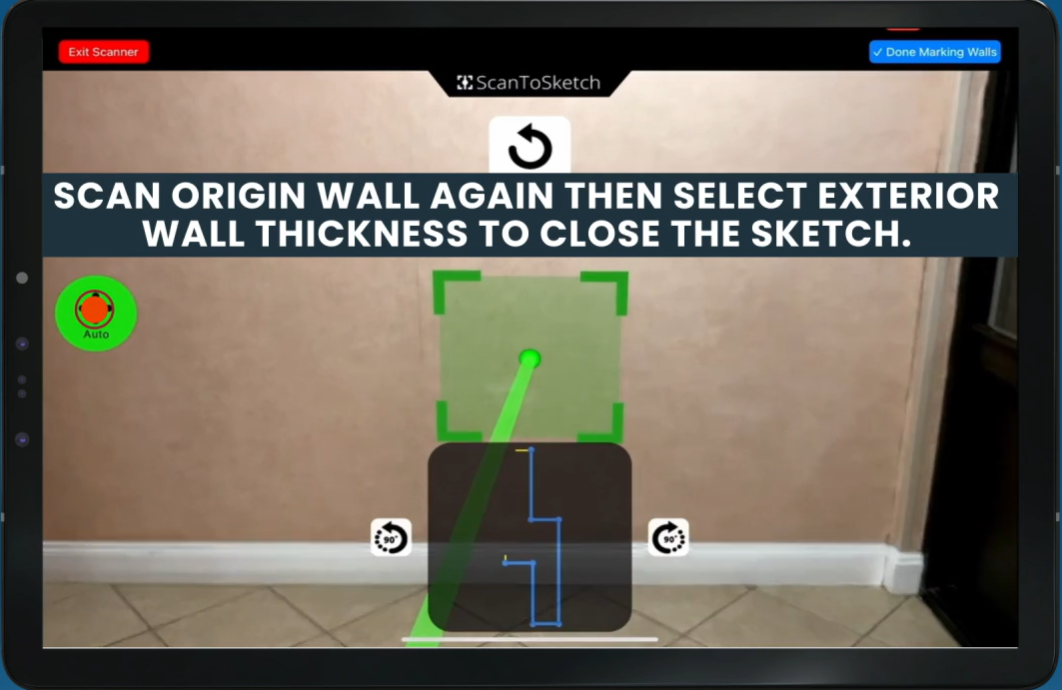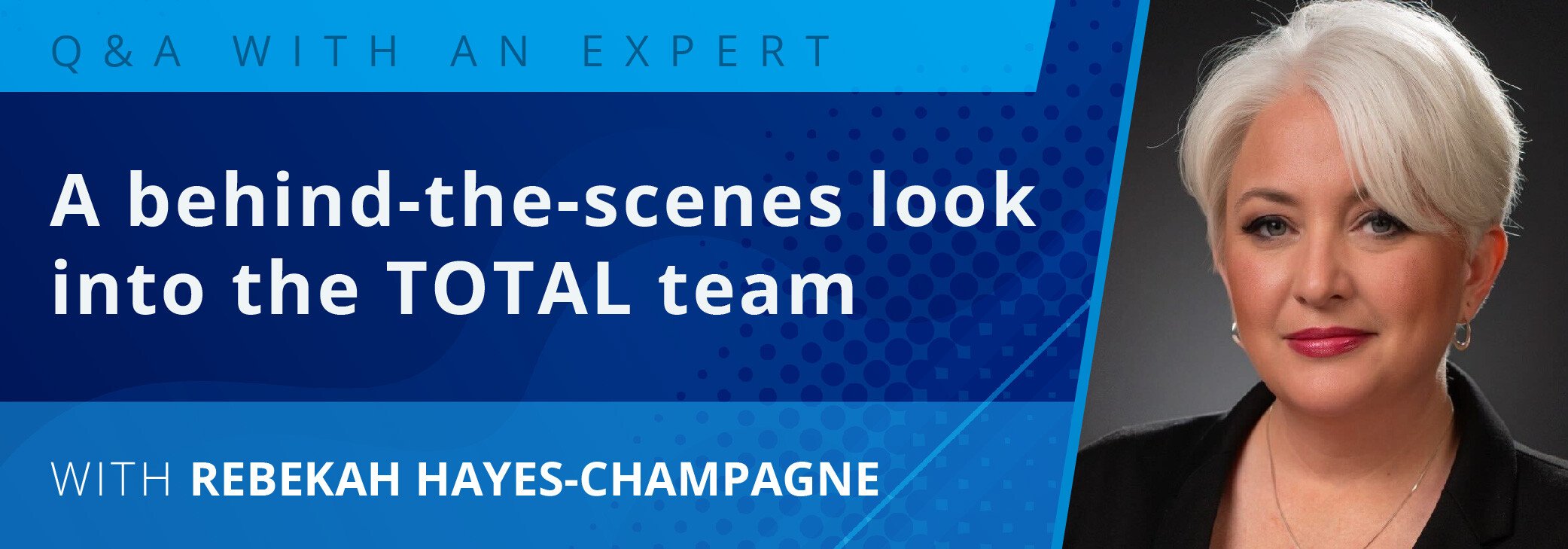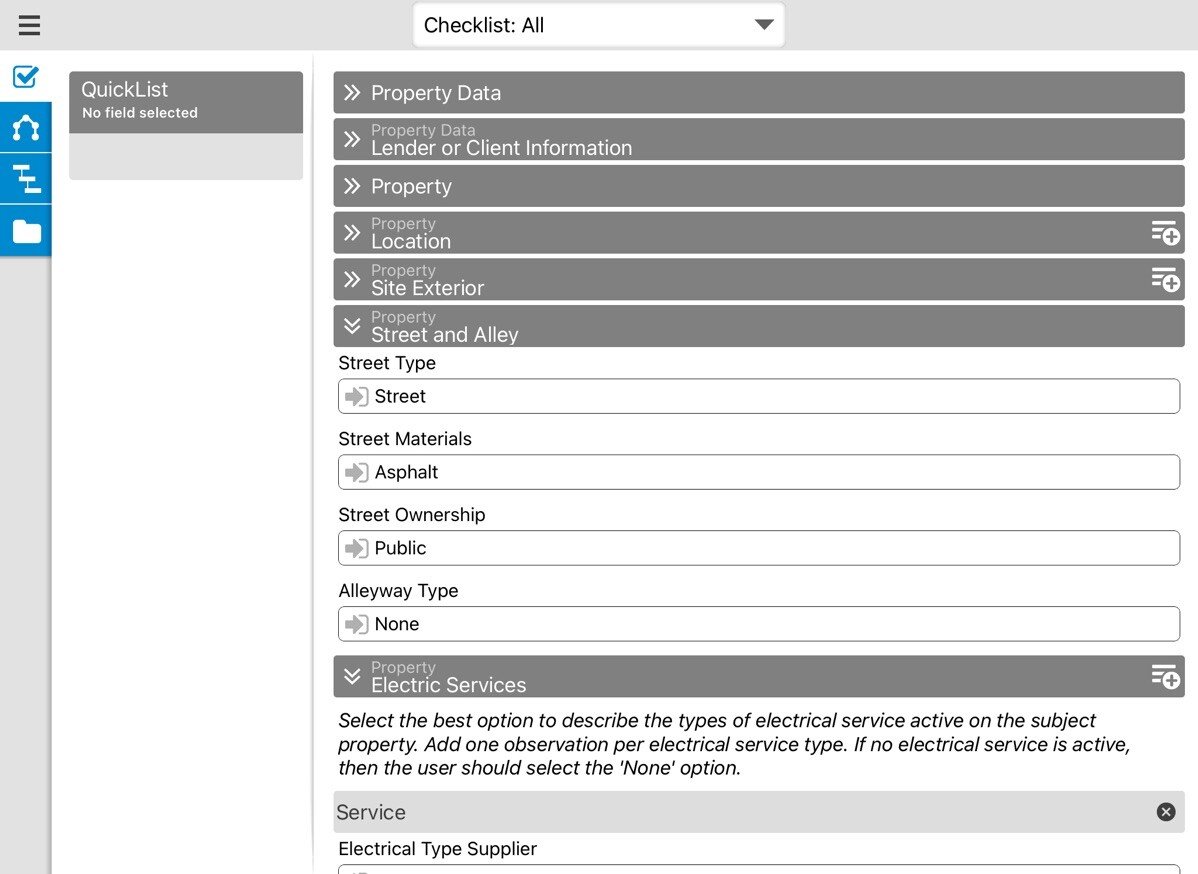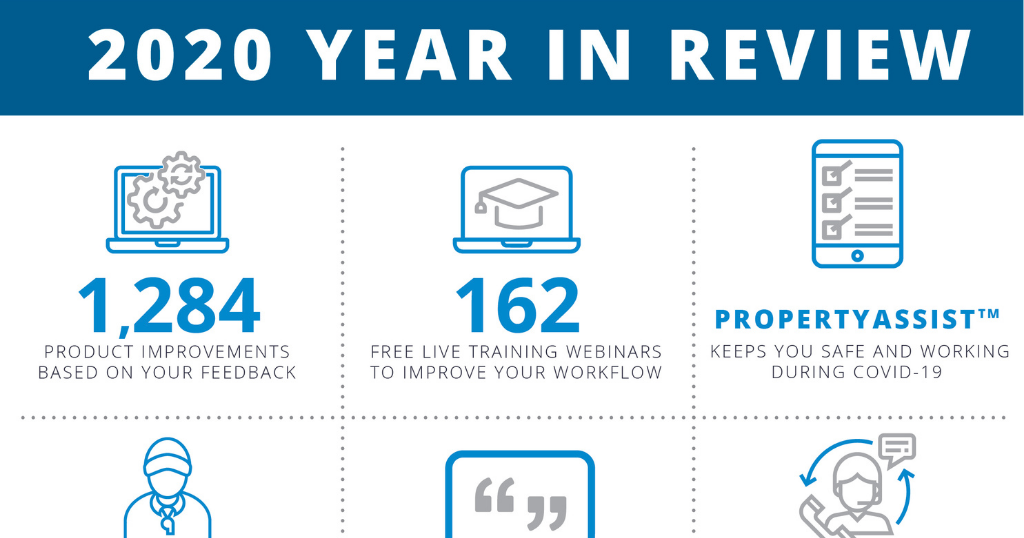With the busy summer real estate season upon us, look to our XSellerate marketing system to provide you even more ways to generate business. We've pumped up the system with several new ways to communicate with new prospects, as well as current and past clients.
Some of the newest features in XSellerate are fully customizable newsletters for you to send to your contact list. Newsletters allow you to reinforce your rapport with existing clients and establish yourself as an expert in the eyes of prospects at the same time. And by sending your customers useful news and information, you're also using one of the most effective marketing tactics in the business – providing a free gift!
We've provided the templates for you, but you can name your newsletter, edit the existing text, drop in your picture and contact information and customize it however you like. You don't have to worry about writing articles, either. Each month, we'll automatically upload new, timely stories and tips to your newsletter templates. Of course, if you'd like to write your own news items, there's room to add them. Or replace one or all of our stories – it's up to you!
Along with the newsletters, we added more than 50 new campaigns to XSellerate. They include a selection of sympathy and get well messages to give your clients the personal touch. Plus, you'll find and spring and summer-themed messages to target clients during the busiest time of the year for the real estate business. We also added new campaigns that prompt recipients to use the tools provided on your XSite, such as mortgage calculators and DirectFax to make their mortgage experience fast and easy.
There have also been changes made to XSellerate's delivery capabilities, giving you more choices on how and when your campaigns are sent to your clients:
You take on trainees. You may be a trainee. Or your office includes a number of appraisers working from different locations – their homes, maybe – with whom you split fees because you farm them your more remote work and they deliver you their reports. Maybe you're thinking of taking on extra appraisers, or summer help. Or you're thinking of joining a larger office after working for yourself.
These and many more situations require you to figure out who's an employee and who's an independent contractor. It's an issue appraisers are given surprisingly little guidance on, considering how often the situation calls for such a determination. Over the next several weeks, we'll talk about employee vs. independent contractor issues in the context of your business. In this edition, we'll start with some of the basics, applicable across the board.
It's important to note that none of this is legal or tax advice. The businessperson who writes the checks, whether that's you or the person you work for, is responsible for correctly classifying his or her employees and independent contractors. If they guess wrong, the IRS isn't the forgiving and forgetting type. And neither are employees erroneously classified as independent contractors, or vice-versa.
Take the situation recently of FedEx in California. In 1998, FedEx bought ground delivery operation RPS Inc. Since then, it's classified most of the drivers for the resulting division as independent contractors. They buy their own vehicles and pay FedEx for routes. It a great arrangement for the right entrepreneurial type. The problem is that some drivers felt they were employees in everything but name. So they initiated a class action lawsuit in Los Angeles Superior Court, and the judge handed them a victory: It said FedEx should have been buying the drivers' gas and paying for truck maintenance and should have been paying into Social Security.
The stakes, of course, are higher than even that. Employees' income taxes are withheld by their employers, and they may be entitled to benefits and health insurance, according to each state's law that determines how many full timers you need in order to offer the legal minimum. Either trying to avoid that or through honest ignorance – or something in-between – 29 percent of randomly audited companies in California had some independent contractors they'd classified wrong, according to a recent article by the Sacramento Bee. The paper further reported that "of the 418,400 new jobs created in California in 1998, the last year that numbers were available, 9,478 of them were misclassified as independent contractors."
The IRS offers guidance at its website. When you boil it down, whether someone is an employee or an independent contractor has to do with how much control the employer (and note: we're saying "employer" here whether or not we're talking about employees or independent contractors – a little confusing, but the best shorthand there is) has over their work. It generally does not matter whether they're called an employee or independent contractor – witness the 29 percent of California companies that were getting it wrong.
For both independent contractors and employees, the employer has control over the result of their work. In our context, that means whether an appraiser is an employee or independent contractor, the employer asks for and gets a report within a certain timeframe in a certain format on a certain property as the employer may direct. It's in the method of completing that work that the difference lies.
If the employer, for example, requires the appraiser to report to the office by a certain time, clock in, leave a schedule where they'll be while on inspections, attend company meetings, use a certain software, use company provided equipment, and so on, you're probably talking about an employee. If the employer basically faxes an assignment (or uses the appraiser's XSite website!) along with a request that a 1004 be completed and to him or her by a certain date and leaves it up to the appraiser how, when and where to accomplish that, you're probably talking about an independent contractor.
Those are pretty clear cases. As you would imagine with three out of 10 employers supposedly getting it wrong, there are a lot of cases that mix and match all these things so that the outcome isn't as clear. There's generally no reason, for example, you couldn't give an independent contractor a laptop to use for his work for you and even give them company e-mail so it's easier to get hold of him. A tax adviser or attorney is the best source for a definitive answer in your specific situation. This is especially true since employment laws can vary from state to state.
In future editions we'll talk about what circumstances would make it best for you to classify an appraiser as an employee or independent contractor – or, on the other hand, whether you should try to catch on with a company as an employee or an independent contractor.



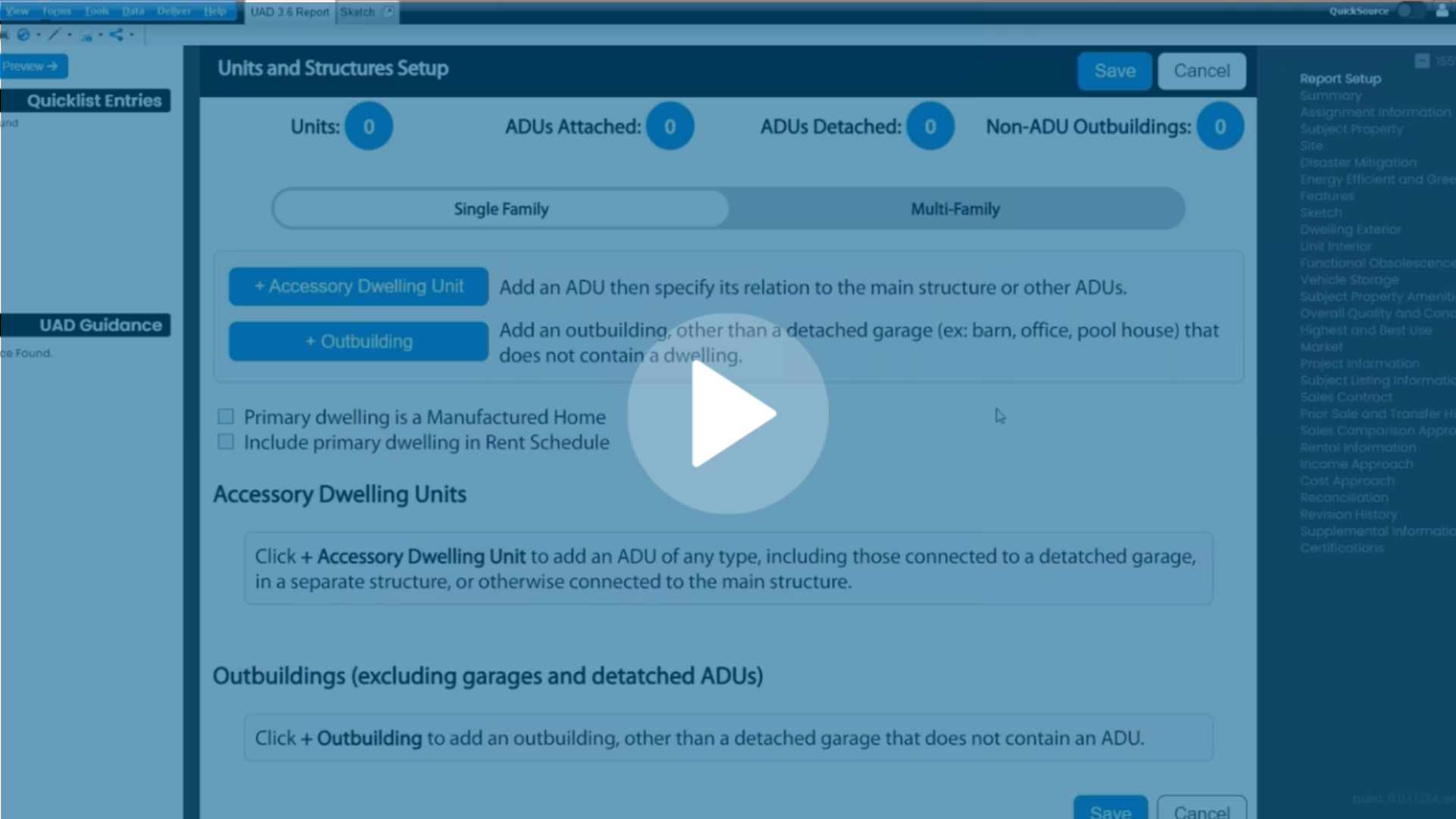
.png)

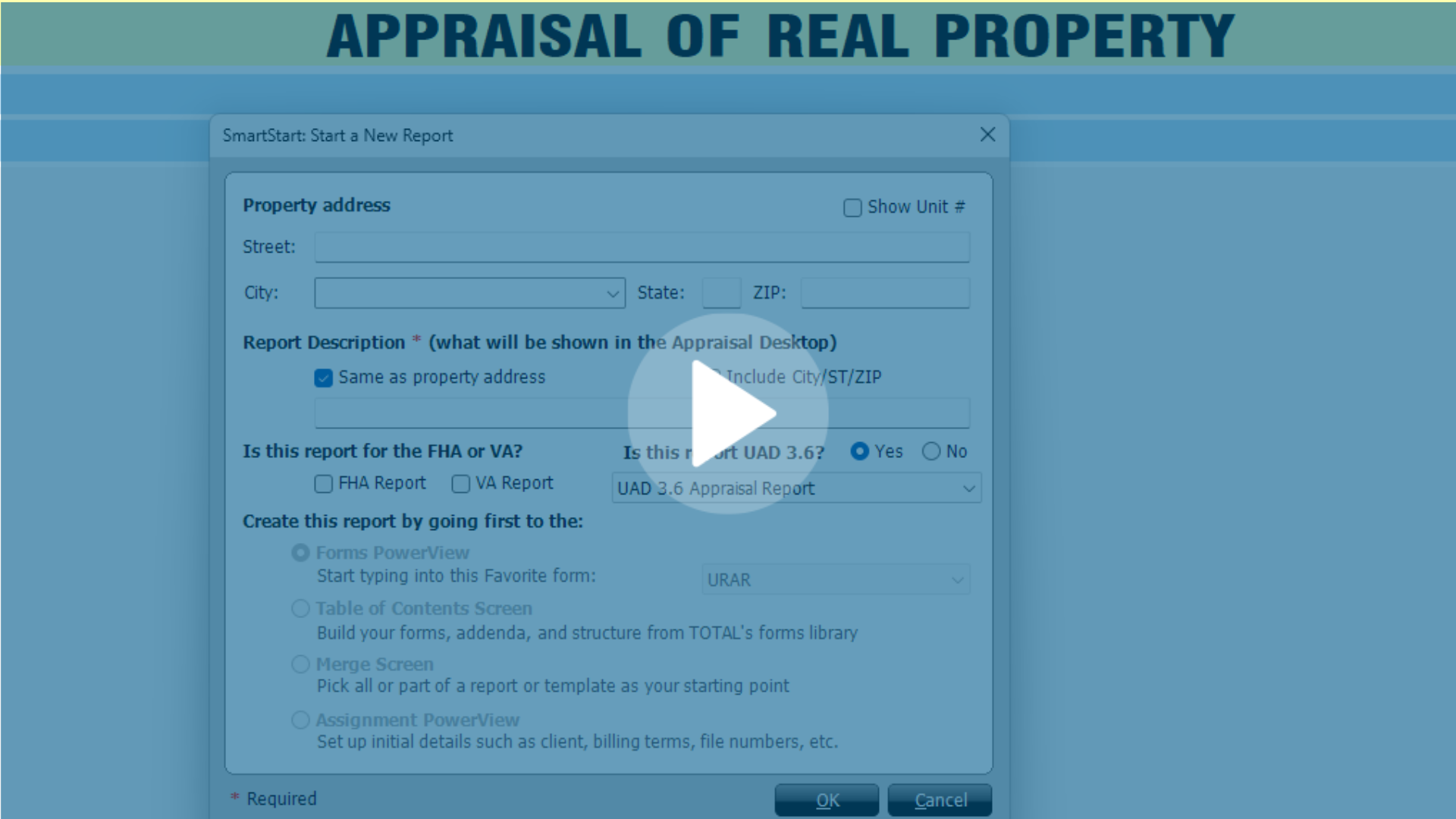


.png)
-1.png)
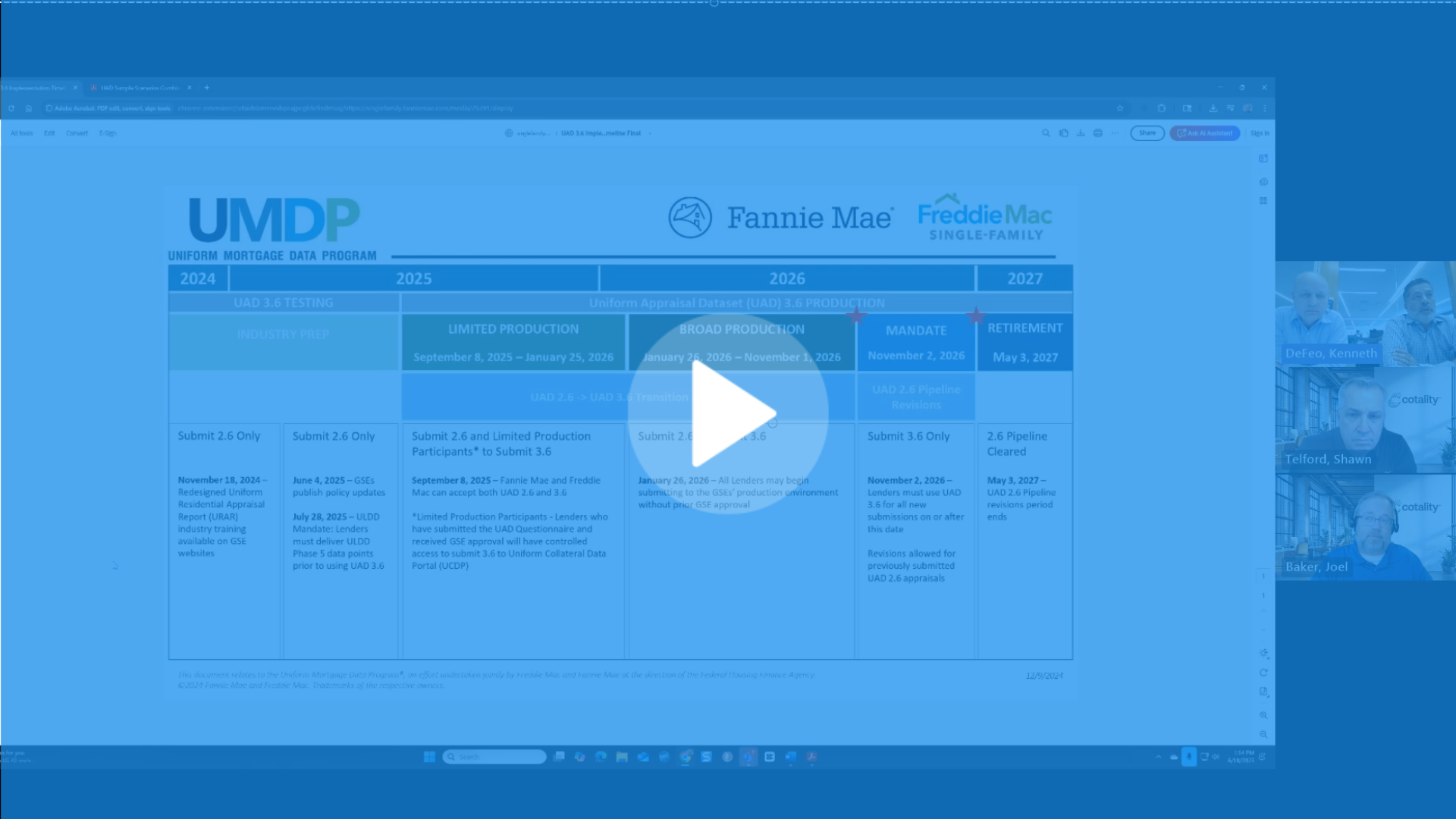
.png)
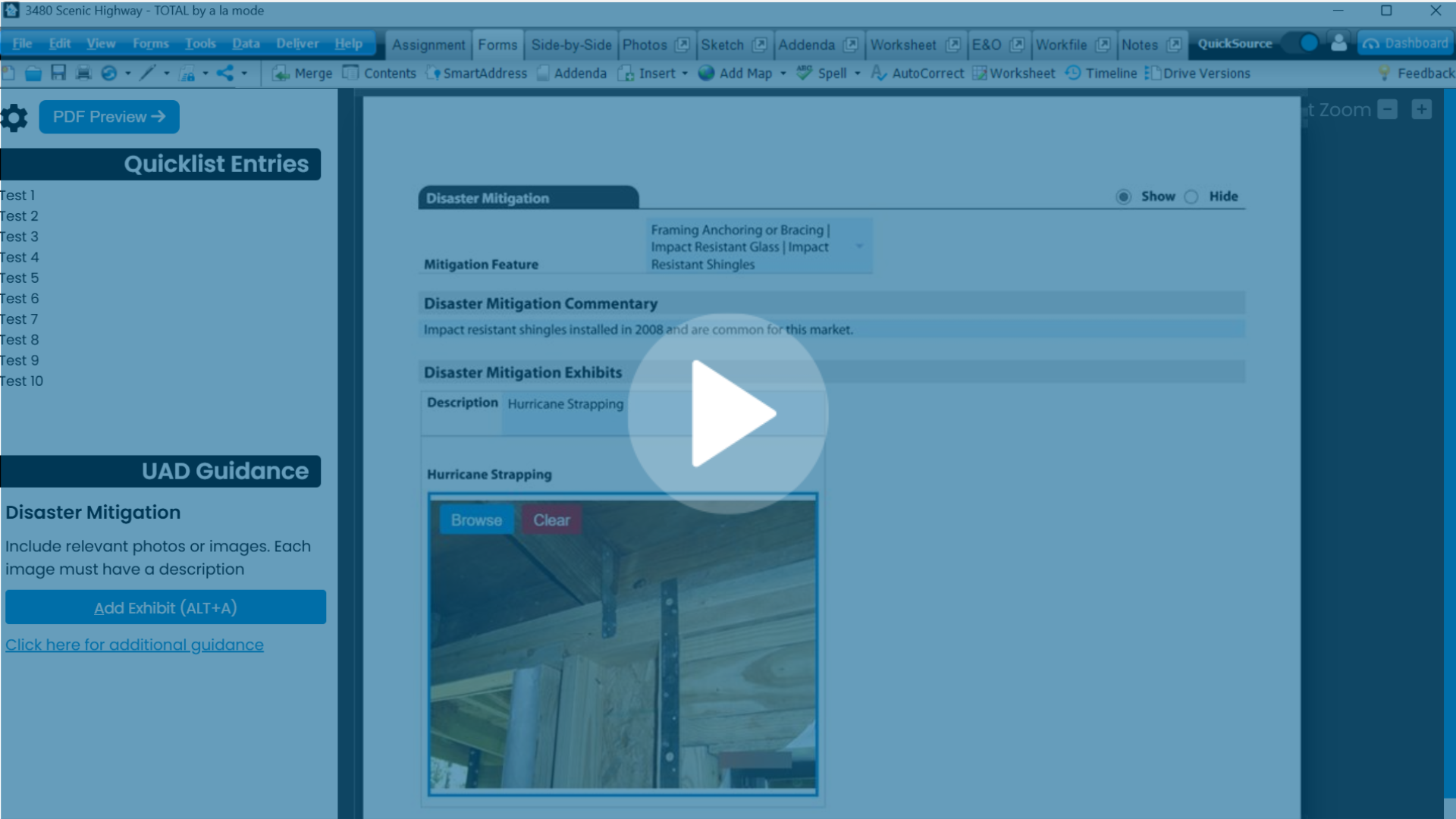
.png)
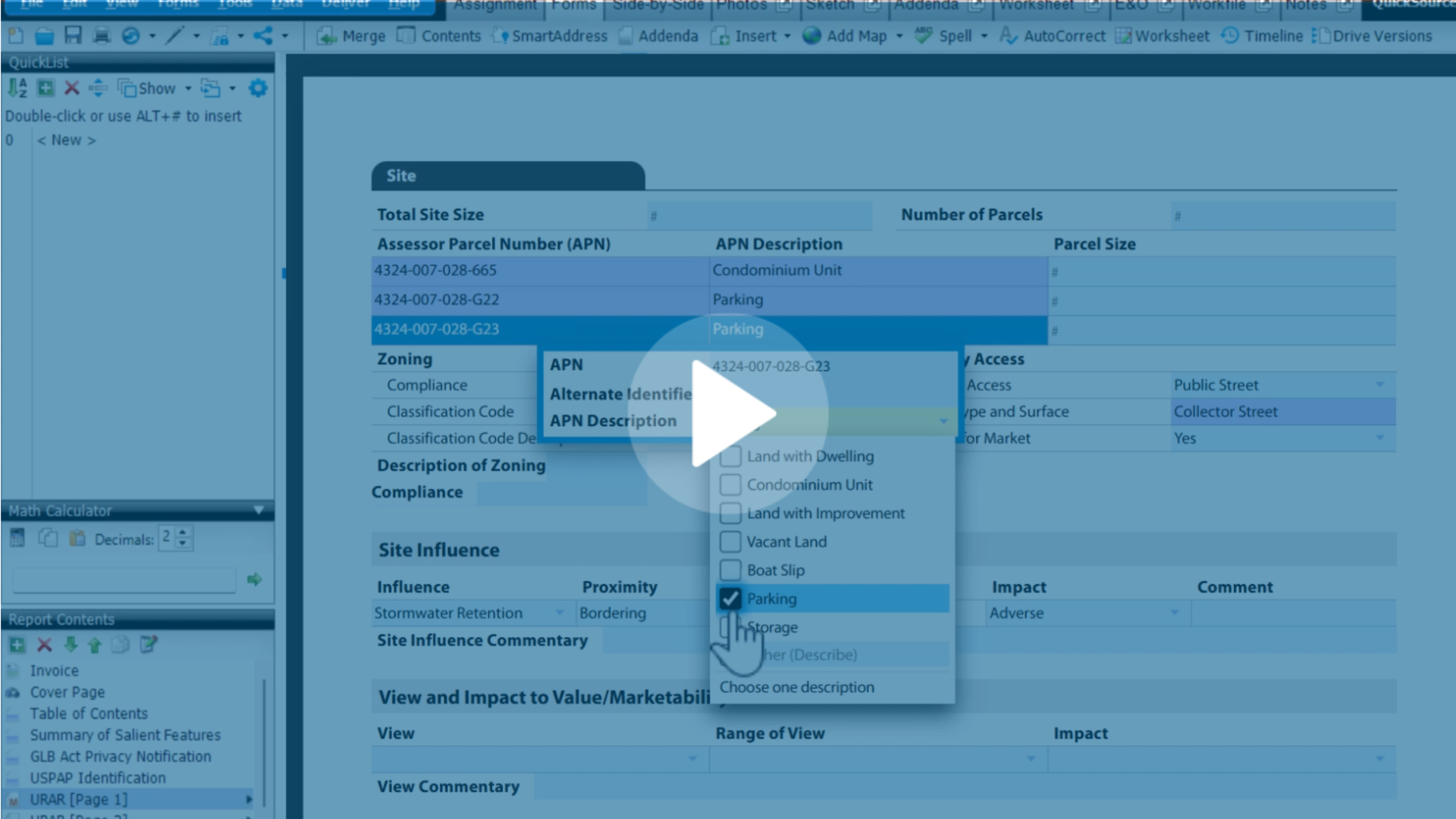
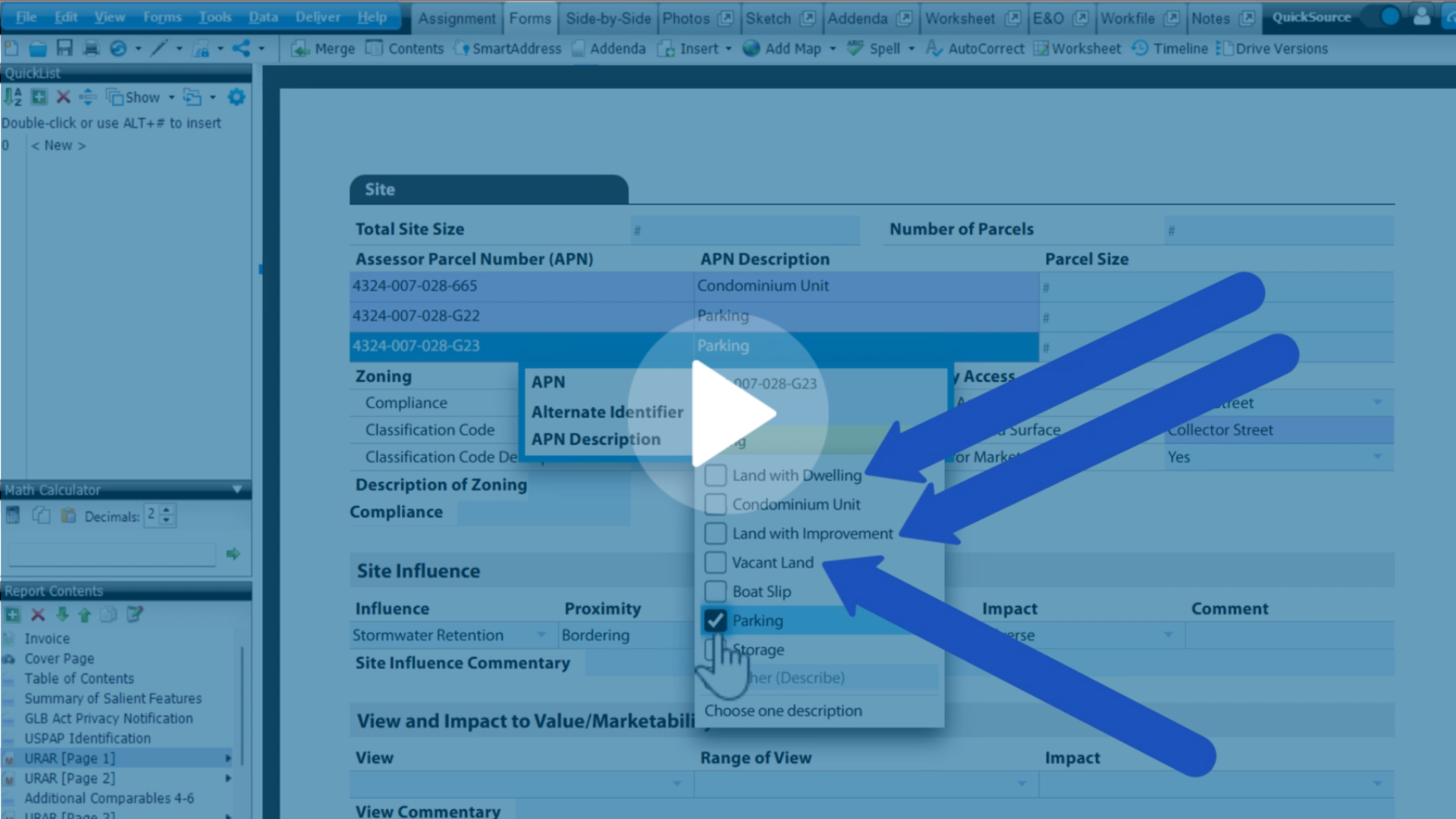
.png)
.png)
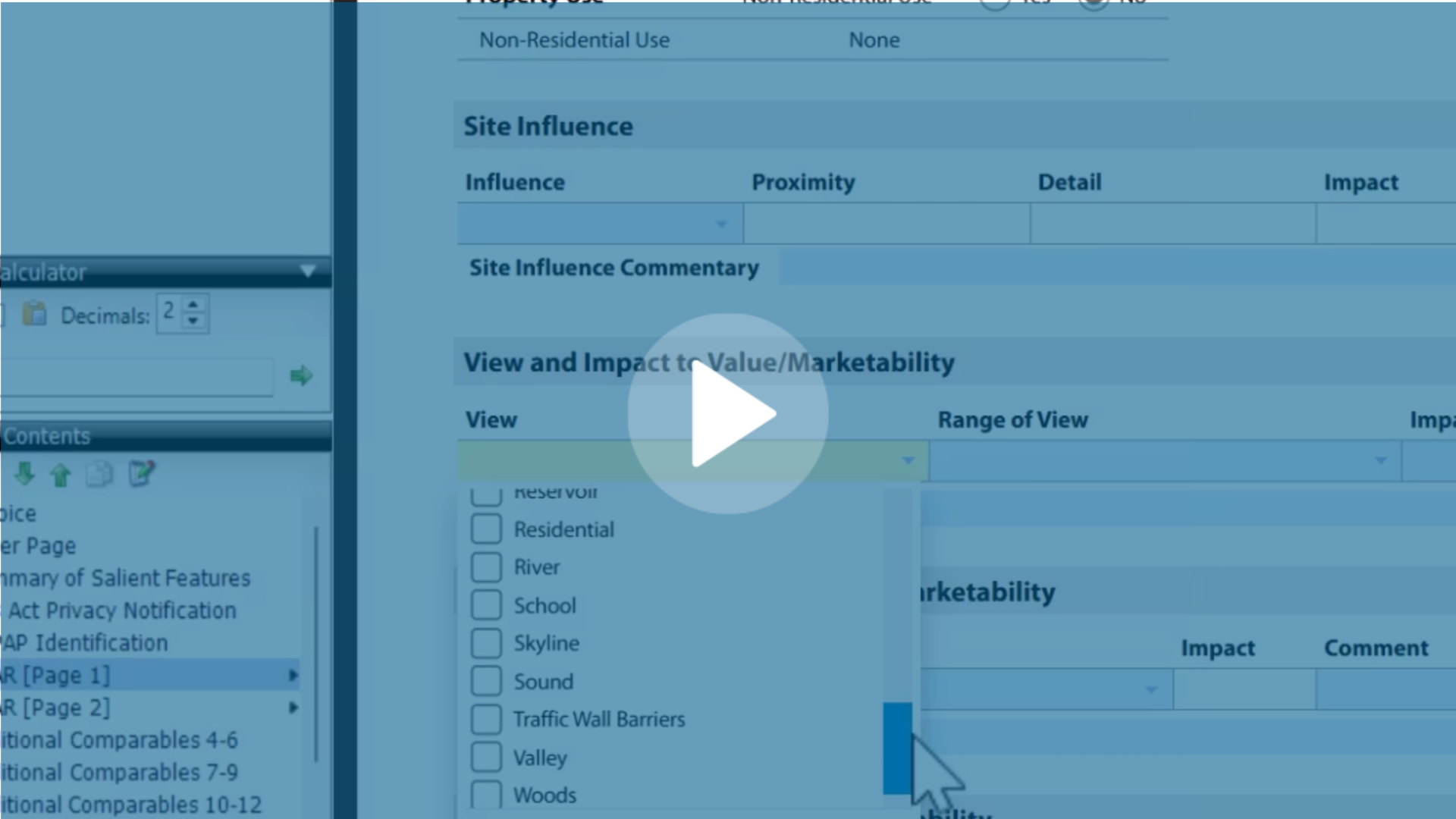
.jpg)
.png)
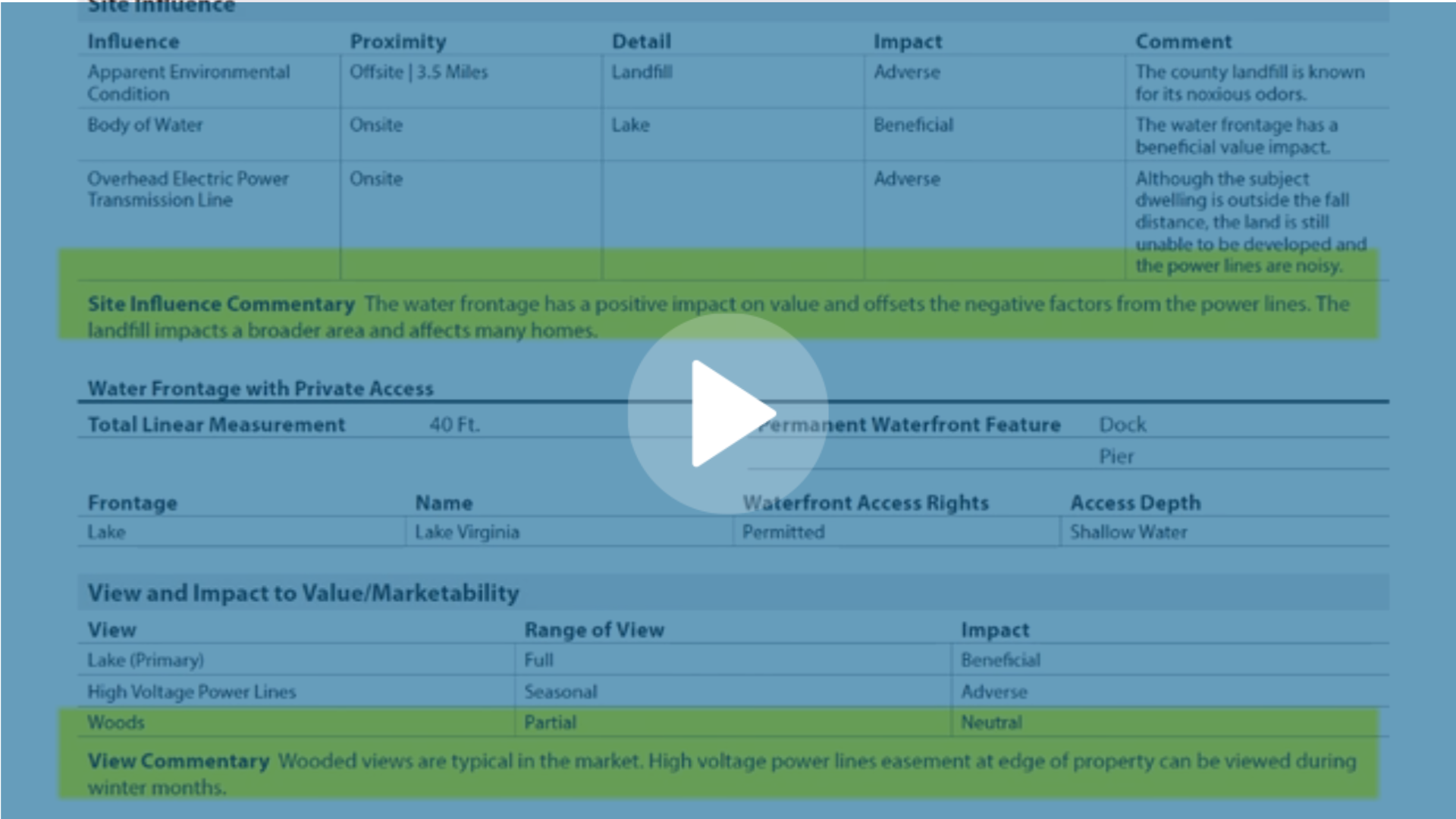
-1.png)



